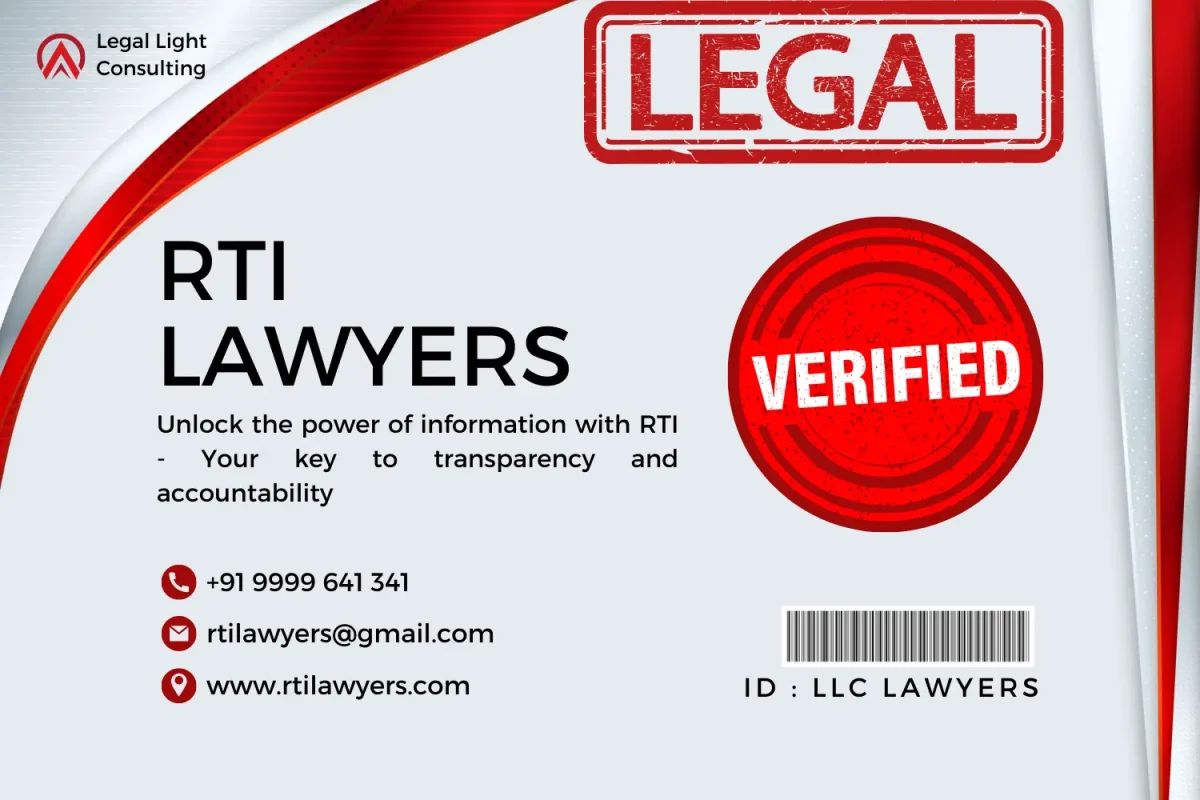Unlocking Access: Understanding the Information Spectrum under the RTI Act
In the realm of governance, transparency is the bedrock of a vibrant democracy. The Right to Information (RTI) Act, a transformative legislation, empowers citizens by granting them access to a diverse array of information held by public authorities. Section 2(f) of the Act provides a comprehensive definition of the information that falls within its purview. This article explores the types of information that can be obtained under the RTI Act, as outlined in this crucial legal provision.

Definition under Section 2(f):
The RTI Act, in its essence, defines information expansively under Section 2(f). According to this section, information encompasses any material in any form, including but not limited to records, documents, memos, e-mails, opinions, advices, press releases, circulars, orders, log books, contracts, reports, papers, samples, models, data material held in any electronic form. This inclusive definition reflects the intent of the legislation to cover a wide spectrum of data and knowledge.

Information Related to Private Bodies:
An intriguing dimension of the RTI Act is its applicability to information related to private bodies. The Act recognizes that public authorities may have access to information concerning private entities under other existing laws. Therefore, information relating to any private body, accessible by a public authority under any other law in force, becomes subject to disclosure under the RTI Act. This provision ensures a nuanced approach to transparency, extending beyond governmental realms.

Forms of Information:
The Act’s coverage extends to various forms of information, including traditional records and documents, as well as contemporary electronic formats. Whether it be physical records stored in log books, contracts, or reports, or digital data held in electronic form, the RTI Act accommodates the evolving nature of information storage and retrieval. This adaptability reflects the Act’s commitment to staying relevant in an era of technological advancement.

The Breadth of Access:
By encompassing a plethora of information forms, the RTI Act promotes an informed citizenry capable of participating meaningfully in the democratic process. Citizens can request information about governmental decisions, policies, and actions, enhancing their ability to hold public authorities accountable. This breadth of access also fosters research, analysis, and informed public discourse, crucial for the development of a robust democratic society.
RTI Application Templets
[Public Information Officer’s Name]
[Public Authority’s Name]
[Public Authority’s Address]
[City, State, PIN Code]
Subject: Request for Information under the Right to Information Act, [Year]
Dear Sir/Madam,
I hope this letter finds you in good health. I am writing to exercise my right to information under the provisions of the Right to Information Act, [Year], with respect to the information specified under Section 2(f) of the Act.
As per Section 2(f) of the Right to Information Act, information includes any material in any form. This encompasses a wide array of materials such as records, documents, memos, e-mails, opinions, advices, press releases, circulars, orders, log books, contracts, reports, papers, samples, models, and data material held in any electronic form. Furthermore, the Act extends its ambit to include information relating to any private body which can be accessed by a public authority under any other law for the time being in force.
In light of the above, I would like to request the following specific information:
[Specify the information you are seeking, providing as much detail as possible.]
I believe that this information is essential for fostering transparency and accountability, and it will contribute to my understanding of [mention the relevant context or subject]. I am willing to pay any fees or charges applicable for obtaining the requested information, and I request you to provide the information in the format specified under the RTI Act.
Kindly acknowledge the receipt of this application and provide the information within the stipulated time frame as per the Right to Information Act. If my request is denied, please provide the specific grounds for denial in accordance with the provisions of the Act.
Thank you for your prompt attention to this matter. I look forward to a positive and timely response.
Yours sincerely,
[Your Name]
Conclusion
In essence, the Right to Information Act, through its expansive definition of information under Section 2(f), serves as a beacon for transparency and accountability. The Act recognizes the evolving nature of information and strives to encompass a broad spectrum of material. By providing citizens access to diverse forms of data, from traditional records to electronic information, the RTI Act empowers individuals to actively engage with governance and contributes to the overall health of democracy.









